Pharmacological properties
The active ingredient of the drug Dramina – dimenhydrinate – belongs to ethanolamine derivatives. Dimenhydrinate is a blocker of h1-receptors, has antiemetic, sedative, antimuscarinic, antihistamine effects. Reduces the excitability of the vomiting center of the CNS.
After oral administration, dimenhydrinate is rapidly absorbed. C max in blood plasma is reached 15-30 minutes after administration and persists for 4-6 hours.
About 98-99% of dimenhydrinate is bound to plasma proteins. Dimenhydrinate crosses the placental barrier and is excreted in breast milk.
Dimenhydrinate is metabolized mainly in the liver. It is excreted from the body within 24 hours, mainly in the form of metabolites, in a smaller amount – in unchanged form by the kidneys. T ½ from blood plasma – about 5-10 hours.
Indication
Application
Prevention and elimination of nausea and vomiting due to sea and air sickness, during radiation therapy, medications and after surgery
Adults and children over 12 years of age: 50 mg (1 tablet) 30-60 minutes before the start of the trip, then 50-100 mg every 4-6 hours as needed, but not more than 400 mg/day.
Children aged 6-12 years: 25-50 mg (½-1 tablet) every 6-8 hours as needed, but not more than 150 mg/day.
Children aged 2-6 years: 25 mg (½ tablet) every 6-8 hours as needed, but not more than 75 mg/day.
For Meniere’s disease and other vestibular disorders
Adults: 50-100 mg (1-2 tablets) every 4-6 hours as needed, not to exceed a maximum daily dose of 400 mg (8 tablets).
Elderly patients should be given an initial dose of 25 mg (½ tablet).
In case of liver failure, the dose should be reduced by 2 times.
In renal failure, it is used in the usual dose.
Contraindication
Hypersensitivity to Dimenhydrinate, diphenhydramine, as well as to other antihistamines of a similar structure, hypersensitivity to other components of the drug. eclampsia, epilepsy (especially in children), severe renal failure, severe hepatic failure, acute asthma attack, pheochromocytoma, porphyria, prostatic hyperplasia with urinary retention, angle-closure glaucoma, increased intracranial pressure. pregnancy and breastfeeding. children’s age up to 2 years.
Side effects
From the nervous system: dizziness, headache, drowsiness, agitation, insomnia, depression, fatigue, increased reaction time, muscle weakness, impaired coordination of movements, tremor.
On the part of the organ of vision: blurred vision, diplopia are possible.
From the side of the organs of hearing and vestibular apparatus: tinnitus.
From the cardiovascular system: tachycardia, arrhythmia, angina attacks, arterial hypotension.
On the part of the digestive system: stomach pain, diarrhea or constipation, dry mouth, nausea, vomiting, increased appetite, weight gain.
Skin and subcutaneous tissue disorders: increased sensitivity to light, rash, urticaria.
Immune system disorders: angioedema.
On the part of the urinary system: difficulty urinating.
Others: arthralgia, decreased sweating, dry mucous membranes.
Special instructions
Use with caution in patients with renal and/or hepatic insufficiency.
Use during pregnancy or breastfeeding. The drug is contraindicated during pregnancy. Dimenhydrinate penetrates into breast milk in small quantities, so breastfeeding should be discontinued during treatment.
Ability to influence the reaction speed when driving vehicles or working with other mechanisms. Taking the drug may cause drowsiness, impaired coordination of movements, dizziness, and increased reaction time, so when using dimenhydrinate, you should refrain from driving vehicles or working with mechanisms with an increased risk of injury.
Children. The safety and effectiveness of the drug in children under 2 years of age have not been established, therefore the drug is not prescribed to children in this age category.
Interactions
Dimenhydrinate may enhance the inhibitory effect on the CNS of drugs such as hypnotics, sedatives, tranquilizers, antidepressants, antipsychotics (neuroleptics), antiepileptics, and alcohol. The drug may enhance the anticholinergic effect of other drugs. The drug may mask the side effects of ototoxic drugs (e.g. aminoglycosides).
Overdose
Symptoms: dry mouth, nose, throat, feeling of flushing and redness of the face, difficulty breathing, skin rash; arrhythmia, tachycardia, sharp decrease in blood pressure with possible loss of consciousness; drowsiness, central nervous system depression or disorders with hallucinations, convulsions.
Rarely, visual disturbances, tinnitus; difficulty urinating; stomach pain, increased or decreased appetite are possible.
Treatment: there is no specific antidote. Symptomatic therapy is aimed at eliminating the clinical manifestations of overdose: gastric lavage, administration of enterosorbents and drugs aimed at increasing blood pressure, infusion therapy, etc.
Storage conditions
At a temperature not exceeding 25 °C.

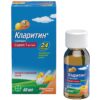
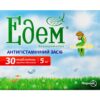

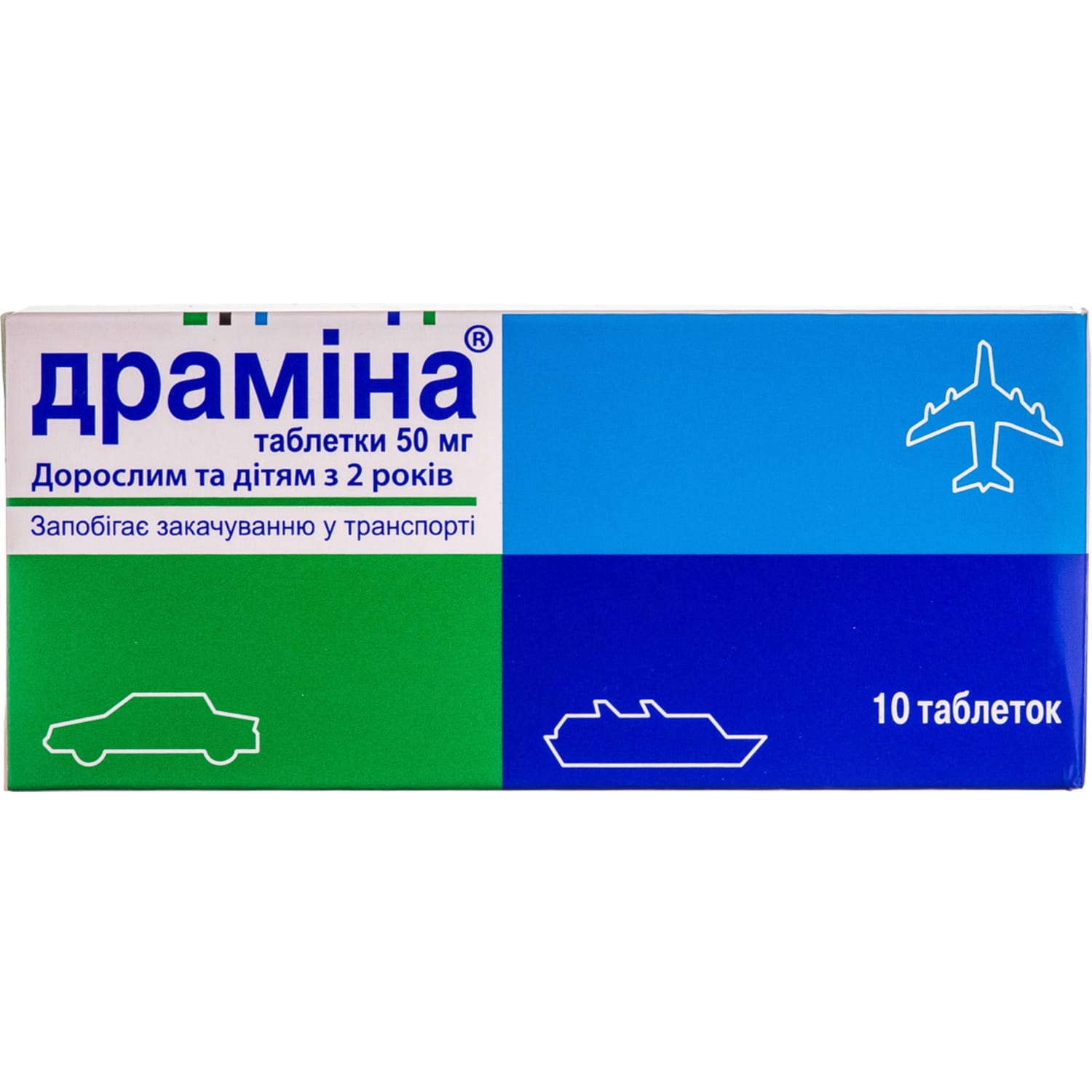
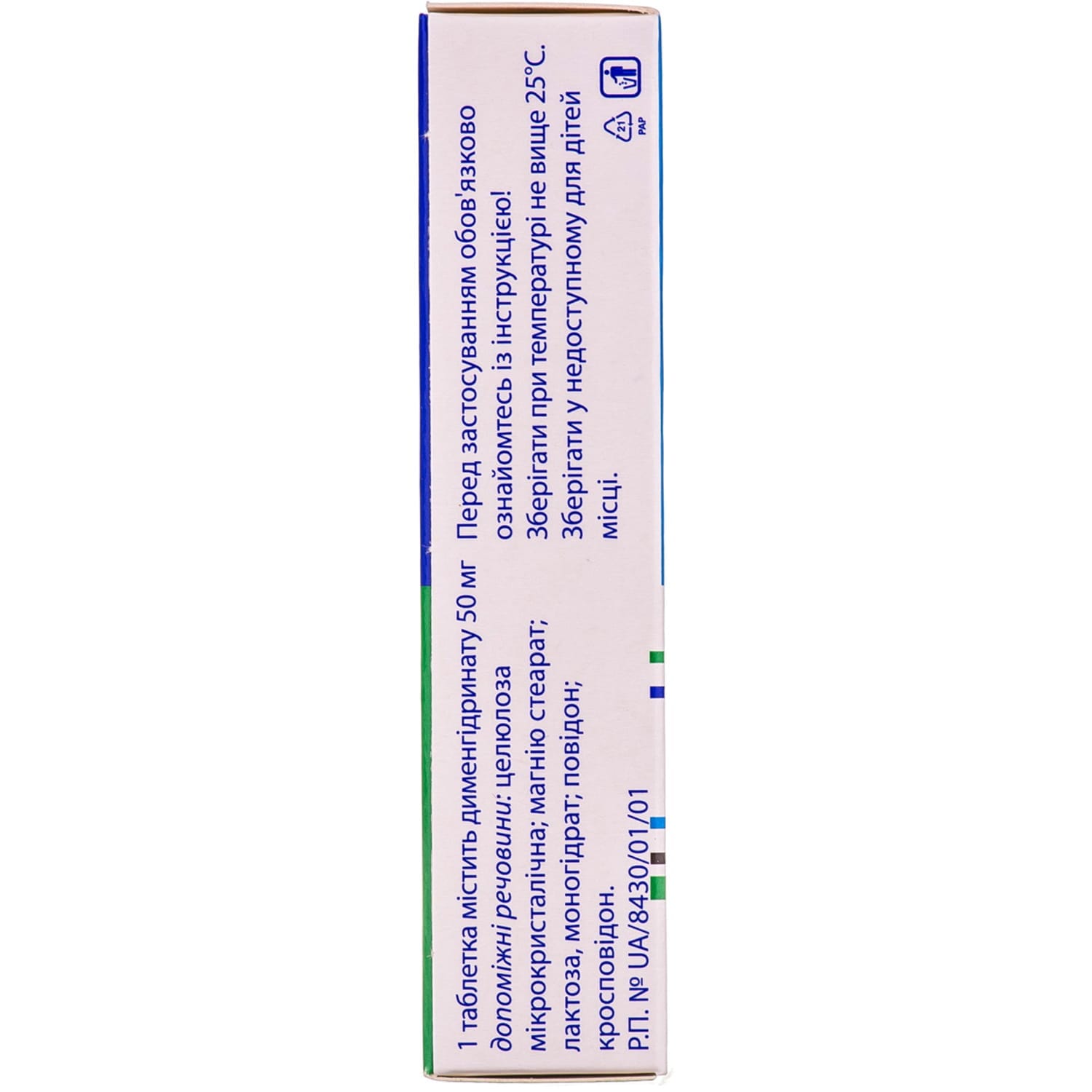

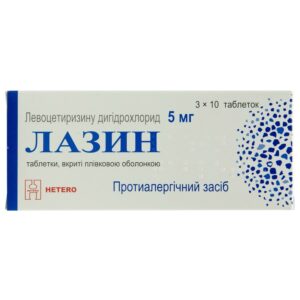
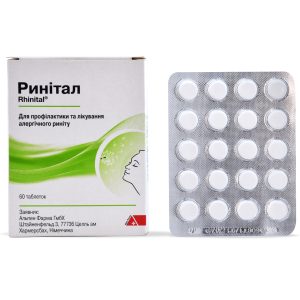
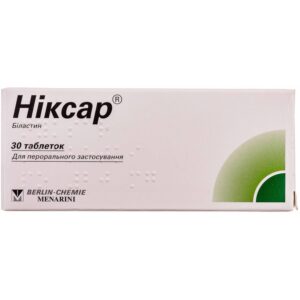
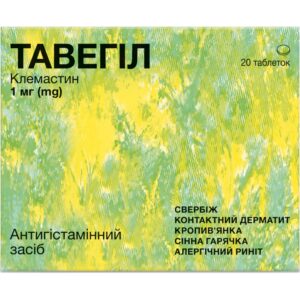
Reviews
There are no reviews yet.